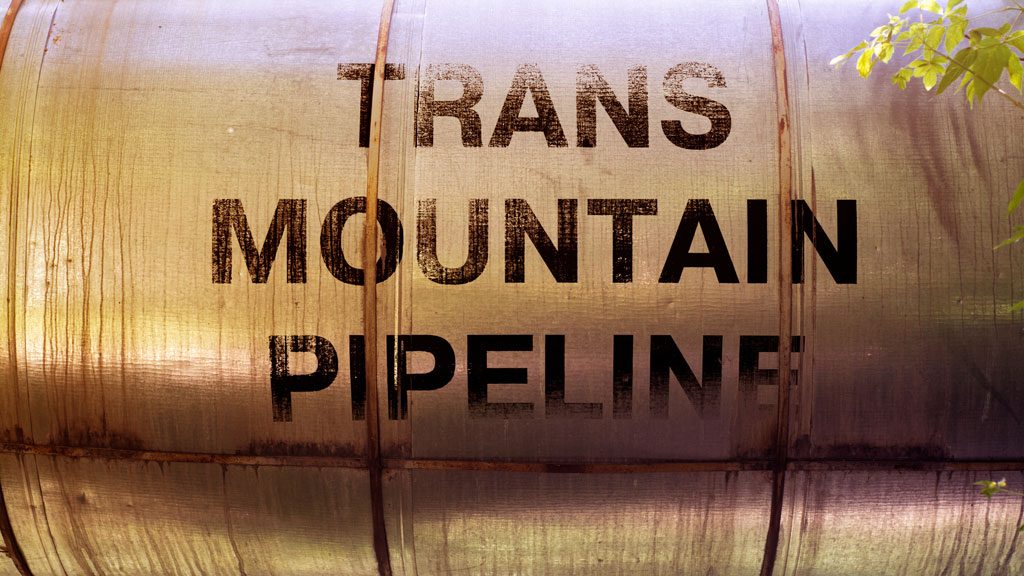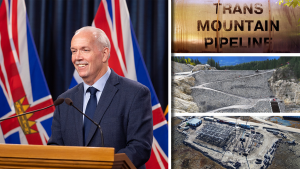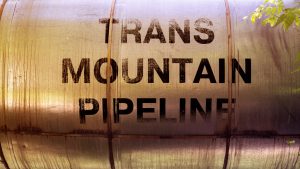OTTAWA — The federal government faces a potential loss on the sale of the Trans Mountain pipeline as it estimates it’s worth less than it cost to build, the Parliamentary Budget Officer (PBO) said recently.
The pipeline could be worth between $29.6 billion and $33.4 billion, depending on what happens after the initial 20-year contracts expire, the budget watchdog said in an updated financial assessment of the controversial project.
Meanwhile, the cost to build the pipeline, which went into service in May, came in at $34.2 billion, dramatically higher than the $7.4 billion estimate in 2017.
The PBO’s valuation estimate doesn’t factor in sunk costs, such as the $4.5 billion the federal government paid to buy the project in 2018, or capital spending before 2024.
Whether the government makes a profit or takes a loss depends on what someone is willing to pay for it, the PBO said in its report, noting the numerous variables at play.
The potential sale will be influenced by the number of potential buyers, their cost in raising capital, when and how it will be sold, the market conditions at the time, whether it will be an arm’s-length transaction, and whether curtains groups will be prioritized in the sale, the PBO said.
But it said if sold at the PBO’s estimated value, it faces a loss.
Government-owned Trans Mountain Corp. had assets of $35.2 billion, liabilities of $26.9 billion and shareholder equity of $8.3 billion, as of Dec. 31, 2023.
“If the Trans Mountain Pipeline system was sold in 2024 at either of the (present values) calculated by PBO, after the outstanding liabilities are repaid, the remaining amount would be less than the shareholder’s equity. TMC would have to write off the balance of the equity and record a loss.”
For its valuation estimates, the PBO said the higher valuation would be if the current contracts are renewed after two decades, while the lower range would be if the pipeline reverts to a cost-of-service scenario.
The PBO notes that scenarios outlined by the Canada Energy Regulator show there could be considerable spare capacity in the pipeline by the early 2040s, depending on what climate action is taken in the meantime.
The Trans Mountain pipeline carries crude oil from Alberta to the B.C. coast. Its expansion tripled the capacity of the existing pipeline, adding an additional 590,000 barrels per day of shipping capability, bring the pipeline’s total capacity to 890,000 barrels per day.
The Trans Mountain expansion has brought an end — for now — to the transportation bottlenecks that for years kept a lid on the Canadian oil industry’s ability to grow. With fresh ability to ship barrels out of Western Canada’s oil-producing region, companies have been able to turn on the taps.
Now that it is completed, Canadian oil production is smashing records, and economists say Trans Mountain will provide a lift to the GDP of both the province of Alberta and Canada as a whole this year.
The federal government has said it does not wish to be the long-term owner of the pipeline and has already launched the first of what is expected to be a two-phase divestment process.
The first phase involves talks with more than 120 Indigenous nations located along the Trans Mountain route to see if any of them are interested in an equity stake.
The second phase, for which the timing is unclear, will involve the consideration of commercial offers.
Complicating any prospective sale, however, is the fact that Trans Mountain Corp. is still locked in a dispute with oil companies over the tolls it wishes to charge to use the pipeline.
Trans Mountain is looking to charge higher tolls to offset some of the project’s budget overruns, but oil companies don’t want to be held responsible for construction-related challenges.
The Canada Energy Regulator is scheduled to hold an oral hearing on the tolling dispute next spring. Critics say if the CER determines the oil industry should not have to pay for the bulk of the government-owned pipeline project’s cost overruns, then taxpayers will be left on the hook.
©2024 The Canadian Press











Recent Comments